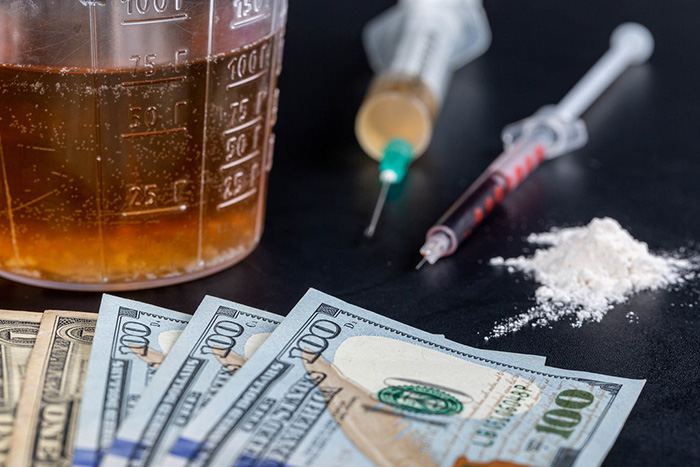
Sit down, kids, and hear this tale. There have been drugs in the Czech Republic. Drugs so dangerous that they make people to be addicted and systematically destroy their lives.
So we banned them and started huge repression. Now, we have one thousand problematic drug users. So that’s the happy end.
No, we have 60,000 problematic drug users. And organized crime is flourishing.
Of course, nobody can make drugs legal without the approval of Uncle Sam. And it is universally accepted the big banks that hold influence over the US government are laundering hundreds of billions of dollars.
But here are tips on how to win it anyway (at least in the US):
1. Prevention
2. Early intervention (developing early intervention programs within educational institutions and healthcare systems to identify at-risk individuals and provide timely support and resources before addiction progresses to a severe stage)
3. Harm Reduction
4. Treatment
5. Regulation and legalization (exploring alternative drug policies that include regulated access to certain substances is a departure from the traditional “War on Drugs” approach; regulating and legalizing drugs can have several benefits, such as undermining the influence of organized crime, ensuring product quality and safety, and generating tax revenue that can be reinvested in harm reduction, education, and treatment efforts)
6. Research new drugs for addiction treatment
7. Social reintegration (implementing programs that facilitate the reintegration of recovering individuals into society; this includes vocational training, job placement assistance, and housing support, which are essential in helping individuals rebuild their lives after overcoming addiction
8. Social Reform (try to work toward social reform initiatives that address systemic issues such as poverty, inequality, and lack of access to education, which are often root causes of substance abuse)
9. Mental health integration (recognizing the intricate relationship between addiction and mental health, integrating mental health services with addiction treatment programs; by addressing underlying mental health issues, we can provide comprehensive care that promotes long-term recovery and well-being
10. Stigma reduction campaigns (launching public awareness campaigns to combat the stigma associated with addiction; by fostering empathy and understanding, we can create an environment where individuals are more likely to seek help without fear of discrimination, leading to earlier interventions and improved outcomes
11. International cooperation (strengthening international collaborations to share best practices, research findings, and policy successes; by learning from the experiences of other nations, we can collectively refine our approaches and create a global movement toward compassionate, evidence-based drug policies)
12. Alternative sentencing (implementing alternative sentencing options, such as diversion programs or drug courts, that prioritize rehabilitation over incarceration for non-violent drug offenders; these programs aim to address the underlying causes of addiction and reduce the cycle of recidivism)
Leave a Reply